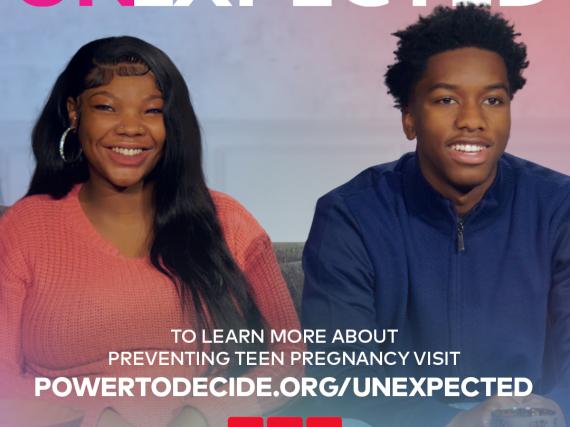January 2020: Power Updates Edition
There are plenty of articles, publications, and stories published every month. In an effort to help you distinguish fact from fiction, save time in your already busy day, and share news you may not have otherwise seen, here are seven stories from the last month we thought you might find interesting:
Birth Control
The teen birth rate in the United State remains significantly higher than other resource rich nations. This policy statement by the Committee on Adolescence from the American Academy of Pediatrics aims to educate providers on emergency contraception and encourage routine counseling and advance emergency contraceptive method prescription as a public health strategy to reduce teen pregnancy.
Though the authors state that “variations in contraceptive use across the states likely reflects broader demographic, social and structural differences…” findings suggest that women with health insurance had higher levels of contraceptive use compared to those without insurance.
Abortion
Gestational Age Bans: Harmful at Any Stage of Pregnancy
This article covers state actions related to gestational age bans. Gestational age bans were enacted in nine states in 2019, ranging from a total ban on abortion in Alabama to bans at 18 weeks in Arkansas and Utah. The author states, “using gestational age as a legal cutoff for abortion care is harmful at any point in pregnancy.”
This study found that women who experienced economic insecurity and mental health disorders or substance use were more likely to consider abortion. These same women were also more likely to report encountering policy-related barriers to obtaining an abortion. Interviewees said that all of these factors together contributed to their decision not to have an abortion, however restrictive policies had more of an impact than other facts on their decision.
Pregnancy and Birth
Impacts of Medicaid Expansion on Health Among Women of Reproductive Age
This study sought to understand the association between Medicaid expansion and increased access to and use of preconception and interconception care. Results suggest expanded Medicaid coverage may improve health care coverage and utilization for women of reproductive age.
Physician Perspectives on Routine Pregnancy Intention Screening and Counseling in Primary Care
This study surveyed 443 primary care physicians in New York and found that 88% supported routinely including a reproductive health needs assessment (such as a pregnancy intention screening like One Key Question®) into primary care.
Sexual and Reproductive Health
Short-term impacts of Pulse, a Teen Pregnancy Prevention App
Though the overall rate of teen pregnancy in the United States has decreased, Black and Latinx young people still experiences disproportionately high rates of teen pregnancy. This paper addresses the short-term effectiveness of an app called Pulse, which was created to address the sexual and reproductive health needs of Black and Latinx young people age 18-20. Key findings include: app users were more knowledgeable about contraceptives, were more confident that they would use birth control in the future, and were less likely to have reported having had sex without using a birth control method.

